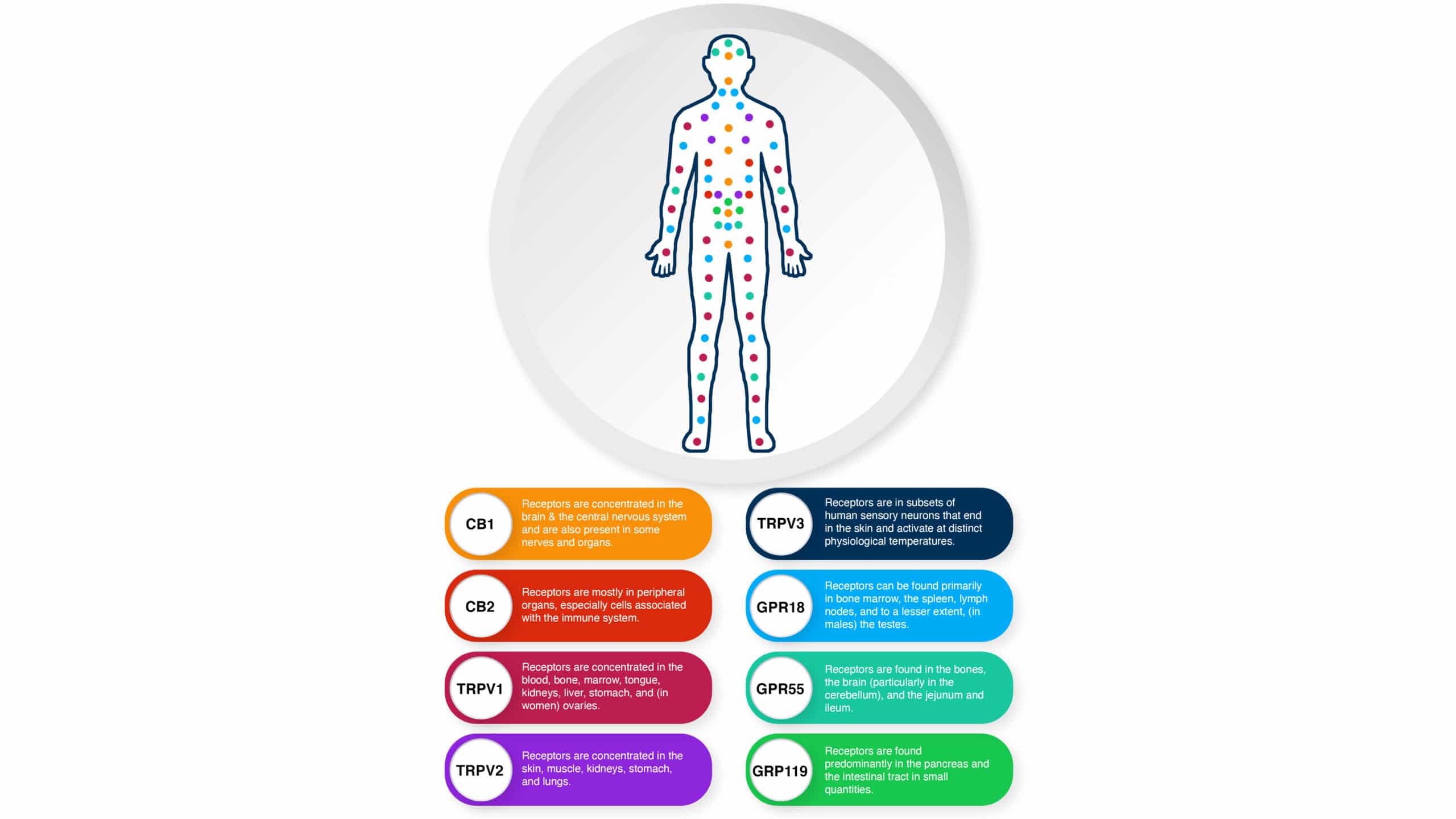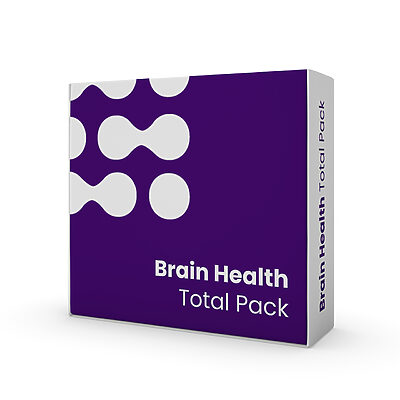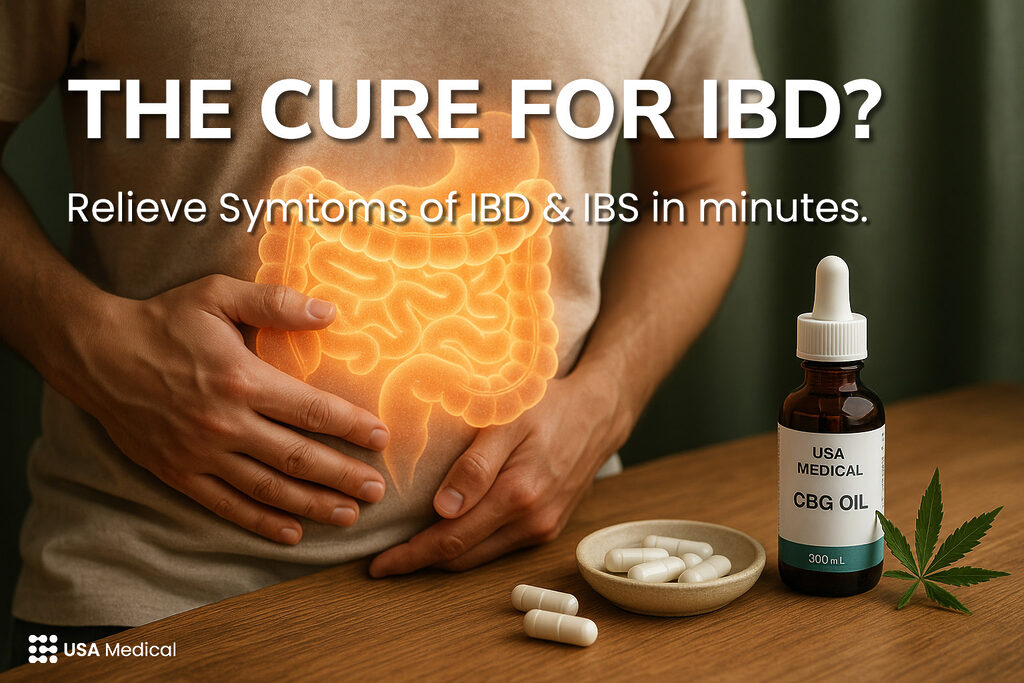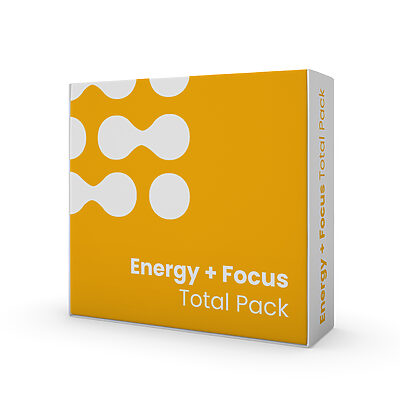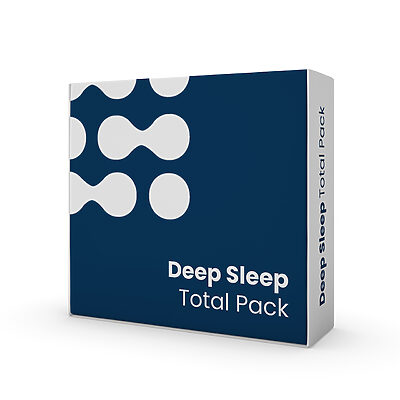What Is The Endocannabinoid System
Did you know your body already has a system built to receive
CBD? The Endocannabinoid System, ECS for short, is a complex communication network that plays an important role in your central nervous system’s ability to communicate with your body. Your body is constantly trying to achieve
homeostasis, from the Greek words for “same” and “steady,” which refers to the processes that your body undergoes to maintain stable conditions necessary for survival.
The ECS is one of the most important systems in your body, yet very few people have ever taken the time to learn about it! It’s time you learned what is the endocannabinoid system and why it’s important to your health!
What are Phytocannabinoids?
The Endocannabinoid System
The Endocannabinoid System is a complex cell signaling system that was first identified in the 1990s. The worlds leading scientists are still trying to figure out just how important this system is, as the ECS is the most understudied system in the human body, but what is known is that
the ECS is responsible for homeostatic regulation within your body including systems regarding sleep, mood, appetite, memory, reproduction, and much more.
This system was named after the discovery of phytocannabinoids from the C. Sativa plant, but make no mistake, this system is a vital part of everyone’s body, regardless of cannabis or
CBD usage. There are three main components of the ECS that work together to regulate your body: endocannabinoids, receptors, and enzymes.
What Are Endocannabinoids?
Endocannabinoids are regulatory molecules naturally created by your body to communicate within your central nervous system.
While
endocannabinoids are created within the human body,
phytocannabinoids are created within plants like cannabis and hemp. Your body produces endocannabinoids as needed to increase communication pathways, so endocannabinoid levels from person to person can vary. These molecules are meant to keep things in the body running at equilibrium, as they act as messengers to the ECS when they bind with receptors and find irregularities throughout the body.
These irregularities of the ECS are responsible for symptoms like chronic pain, migraines, increased blood pressure, stress, and anxiety.
What Are Endocannabinoid Receptors?
ECS receptors are found all throughout the body. The most abundant ECS receptors are the CB1 and CB2 receptors.
CB1 receptors are primarily located in your brain and are responsible for the communication of neural pathways. CB2 receptors are located primarily in the central nervous system, peripheral nervous system, immune system, and within white blood cells. In addition to CB1 and CB2 receptors, the ECS has 6 other known types of receptors, as well as a few other, theorized and unstudied, receptors like CB3 receptors.
What Are Endocannabinoid Enzymes?
ECS enzymes handle the clean-up. These enzymes are responsible for breaking down and removing endocannabinoids from your body once their job has been completed.
Your body doesn’t want to retain anything it doesn’t need, so once homeostasis has been achieved, your body no longer has a need for the specific endocannabinoids that have been created and processes them into waste. This is also true for phytocannabinoids (like CBD, CBG, and CBN), as phytocannabinoids can be supplemented if your body isn’t producing the correct amount of endocannabinoids on its own. Once the phytocannabinoids job has been completed, the same ECS enzymes come into play to break the phytocannabinoids down and process them into waste.
Roles Of The Endocannabinoid System
There are over one hundred known cannabinoids, all playing different yet synergistic roles with the other cannabinoids and your body’s ECS. Some of the known regulatory functions associated with the ECS are:
- Immune System Regulation
- Appetite and Digestion
- Metabolic Processes
- Pain Sensation Regulation
- Inflammation and Immune Responses
- Mood, Learning, and Memory
- Motor Functions
- Sleep and Wake Cycle
- Cardiovascular Functions
- Muscle Formation
- Bone Transformation and Growth
- Liver Function
- Reproductive Functions
- Stress Response
- Nervous System Function
While there are over one hundred known cannabinoids, the two most important endocannabinoids your body produces are anandamide and 2-archidonyl glycerol (2-AG).
What Is Anandamide?
Anandamide is an endocannabinoid in the human body referred to as the “bliss molecule” as it can be released anytime you satisfy a craving.
Anandamide may be a very important cannabinoid to manipulate for controlling pain responses, especially in relation to chronic pain. Anandamide also has the ability to make or break short-term connections between nerve cells that directly affect memory. This endocannabinoid could be utilized to help individuals with posttraumatic stress disorder (PTSD) as well as individuals with chronic pain, insomnia, stress, and anxiety. Furthermore, anandamide has been shown to have anti-proliferative effects in breast cancer. It has also been shown to bind with a strong affinity to the CB1 receptors, signaling the importance of maintaining a healthy endocannabinoid system.
One of the easiest ways to increase anandamide levels in your own body is by taking
CBD. The CBD cannabinoid inhibits the
FAAH (fatty acid amide hydrolase) enzyme, meaning anandamide stays active in the ECS for longer, thereby increasing its potency. CBD works similarly to boost concentrations of 2-AG.
What Is 2-Arachidonyl Glycerol?
2-Arachidonyl glycerol is the most prevalent endocannabinoid in the human body. It seems to play a large role in regulating inflammation through immune suppression. 2-AG is involved in a wide array of pathophysiological functions, such as emotion, cognition, energy balance, pain sensation, and neuroinflammation.
Since both the cannabis and hemp plants can essentially function as a mass stimulation to the ECS, your body recognizes phytocannabinoids (such as CBD) as endocannabinoids, encouraging homeostatic regulation, thus lowering stress, anxiety, pain, blood pressure, and increasing overall mood.
CBD vs CBG difference.
The Endocannabinoid System and Mental Illness
A publication from the US National Library of Medicine has linked schizophrenia to damaged synaptic plasticity. Synaptic plasticity is the exchange of information that occurs at neural synapses, the junctions between neurons in your brain that allow synapsis to communicate. As one of its main functions, The Endocannabinoid System attempts to regulate homeostasis within neural pathways, including these neural junctions, and a healthy ECS may prevent schizophrenia from ever developing. For example, in a clinical trial conducted with schizophrenic patients, anandamide levels were significantly higher in the blood of patients with schizophrenia compared to healthy volunteers (7.79 ± 0.50 vs. 2.58 ± 0.28pmol/ml, De Marchi et al., 2003).
Anandamide is the second most common endocannabinoid and is extremely vital in the human body. The level of anandamide is an indicator of the ECS as it relates to mental illness. Schizophrenia, as summarized by the National Institute for Mental Health, is “a chronic and severe mental disorder that affects how a person thinks, feels, and behaves.” People with schizophrenia may seem like they have lost touch with reality. Although schizophrenia is not as common as other mental disorders, the symptoms can be very disabling.
Treatments that would directly affect the ECS might be more beneficial than medication currently used to treat all types of mental illnesses. This is due to the ability of cannabinoids to correct the neurochemical imbalances by attacking the source of the issue, rather than just attempting to alleviate the symptoms.
The Future Of CBD & The Endocannabinoid System
The most exciting aspect of the ECS is the fact that it’s still understudied! The extreme medical advances we’ve made in the last 20 years of ECS research are astounding and won’t be stopping anytime soon.
Your body has a system already built into it for receiving cannabinoids from organic hemp, and that system shouldn’t be overlooked.
Remember, The Endocannabinoid System was just discovered in the 1990s, so if you grew up before then, you were never told about the importance of the ECS in relation to your body’s overall health. Over the next 50 years, more research will be done into the ECS to continue proving that a natural, holistic approach to life is just as powerful as western medicine, and the fewer man-made, synthesized chemicals you can put into your body, the better.
You can begin supplementing CBD into your body’s ECS by taking
USA Medical’s premium CBD Oil,
lab-tested and certified to be pure and potent.
You can visit USA medical for more information.

